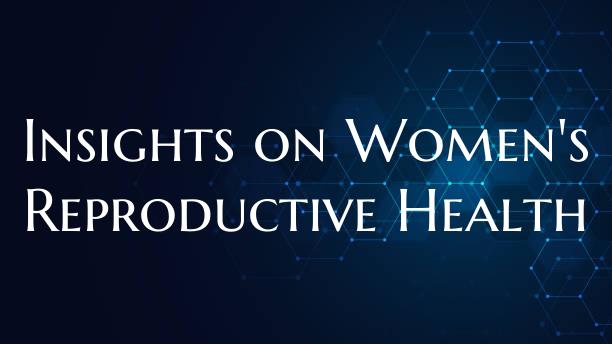
Insights on Women's Reproductive Health
Women's reproductive health encompasses a wide range of issues related to the female reproductive system, from puberty to menopause and beyond. Understanding and taking care of one's reproductive health is essential for maintaining overall well-being.
One of the key aspects of women's reproductive health is menstruation, which is a natural process that occurs monthly for most women of reproductive age. It is important to track menstrual cycles as irregularities may signal underlying health concerns such as hormonal imbalances or reproductive disorders.
Another important aspect of women's reproductive health is contraception. There are various methods available to prevent unwanted pregnancies, ranging from hormonal birth control pills to intrauterine devices (IUDs) and condoms. Choosing the right method of contraception is crucial for each individual's specific needs and health considerations.
Regular screenings such as pap smears and pelvic exams are vital for early detection of reproductive health issues, including cervical cancer, ovarian cysts, and sexually transmitted infections. These preventive measures can help in maintaining optimal reproductive health and overall wellness.
Issues such as infertility, polycystic ovary syndrome (PCOS), endometriosis, and menopause are also significant aspects of women's reproductive health that may require specialized medical attention and treatment.
In conclusion, women's reproductive health is a critical component of overall health and well-being. By staying informed, seeking regular medical care, and making healthy lifestyle choices, women can take proactive steps to ensure their reproductive health is optimized at every stage of life.